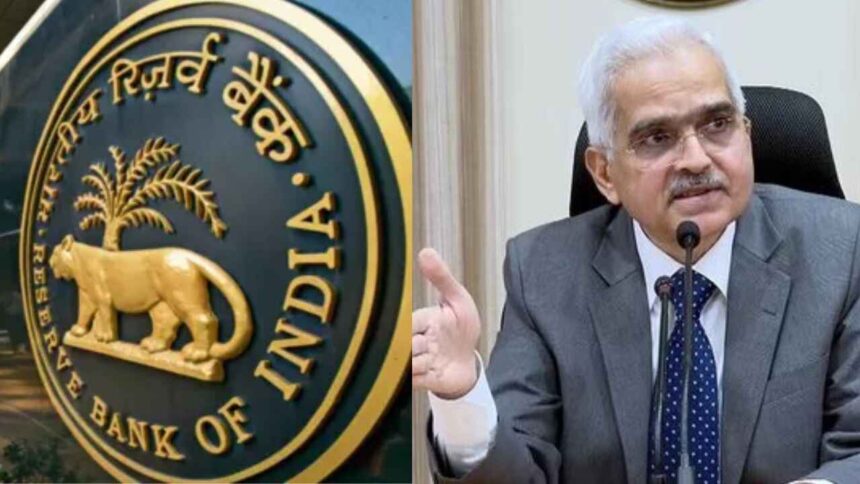The Reserve Bank of India (RBI) on Monday amended its original guidelines to incorporate the Supreme Court’s recommendations on fraud risk management.
RBI New Rule: The Reserve Bank of India (RBI) has made a big rule by issuing a circular on Monday. Under this, a special rule has been made regarding fraudulent accounts. The Reserve Bank amended the original guidelines to include the recommendations of the Supreme Court on Fraud Risk Management.
The court in its order had asked the banks to listen to the borrowers before classifying the account as fraudulent. The central bank said that the three revised basic guidelines on fraud risk management are principle-based. These strengthen the role of the board of directors in monitoring the entire operational system and fraud risk management.
What did the Reserve Bank say?
RBI said in the statement, “The original instructions now clearly require that the entities (regulated entities) under the purview of the central bank ensure compliance with the principles of natural justice in a timely manner before classifying the accounts of individuals/entities as fraudulent, keeping in mind the decision of the Supreme Court dated March 27, 2023. “
‘Borrowers should be given notice’
It is noteworthy that in the SBI vs Rajesh Agarwal case, a bench headed by Chief Justice DY Chandrachud advocated the right of the borrower to be heard before classifying an account as fraudulent. According to the statement, Under the principle of natural justice, the borrowers should be given notice, given an opportunity to explain the findings of the forensic audit report and the concerned banks should be allowed to present their side before classifying their account as fraud under the master instructions.
RBI said that things have been further improved to inform about early warning signals (EWS) and irregularities in accounts to detect and prevent fraud quickly in the units under its purview and to give timely information to law enforcement agencies and supervisors. It said that the instructions also state the need to establish a strong internal audit and control framework in financial institutions.














